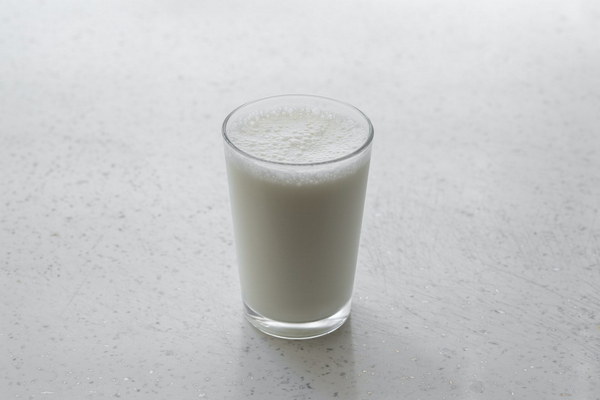Natural Relief for Dampness Discover the Power of Xanthium Spermum in Traditional Chinese Medicine
Introduction:
Dampness is a common condition in Traditional Chinese Medicine (TCM) that can lead to various health issues such as fatigue, body ache, and digestive problems. One effective herb used in TCM to combat dampness is Xanthium Spermum, commonly known as Cang Ear in Chinese. This article will explore the properties of Xanthium Spermum and how it can help alleviate dampness-related symptoms.
Properties of Xanthium Spermum:
Xanthium Spermum is a versatile herb with a variety of properties that make it an excellent choice for treating dampness in TCM. Here are some of its key characteristics:
1. Expectorant: Xanthium Spermum helps to expel phlegm and relieve respiratory issues caused by dampness.
2. Diuretic: This herb promotes urination, which helps to eliminate excess dampness from the body.
3. Detoxifying: Xanthium Spermum has detoxifying properties that can help to clear damp heat from the body.
4. Analgesic: It has pain-relieving properties, which can help alleviate body aches and joint pain associated with dampness.
5. Digestive Aid: Xanthium Spermum can improve digestion and relieve symptoms of dampness in the gastrointestinal tract.
Traditional Uses of Xanthium Spermum:
In TCM, Xanthium Spermum is commonly used to treat the following conditions:

1. Damp-heat in the body: This condition is characterized by symptoms such as fever, sore throat, and yellowish urine.
2. Dampness in the lungs: This can lead to respiratory issues like cough, asthma, and bronchitis.
3. Dampness in the gastrointestinal tract: This can cause symptoms such as bloating, constipation, and diarrhea.
4. Dampness in the joints: This can result in joint pain, stiffness, and swelling.
How to Use Xanthium Spermum:
There are several ways to incorporate Xanthium Spermum into your treatment plan:
1. Herbal Tea: Boil dried Xanthium Spermum in water for about 30 minutes. Strain the mixture and drink it as a tea.
2. Decoction: Combine Xanthium Spermum with other herbs to create a decoction that can be taken internally.
3. Poultice: Grind Xanthium Spermum into a paste and apply it topically to affected areas for pain relief.
4. Tincture: Xanthium Spermum can be made into a tincture, which can be taken internally or applied topically.
Precautions and Side Effects:
While Xanthium Spermum is generally safe for most people, it's important to consult with a healthcare professional before starting any new treatment. Some individuals may experience side effects such as gastrointestinal discomfort, allergic reactions, or increased urination. People with certain medical conditions, such as kidney disease or urinary tract infections, should avoid using Xanthium Spermum.
Conclusion:
Xanthium Spermum, or Cang Ear, is a valuable herb in Traditional Chinese Medicine that can help alleviate dampness-related symptoms. By understanding its properties and traditional uses, individuals can incorporate this natural remedy into their treatment plan for better health and well-being. Always consult with a healthcare professional before starting any new treatment to ensure safety and effectiveness.









